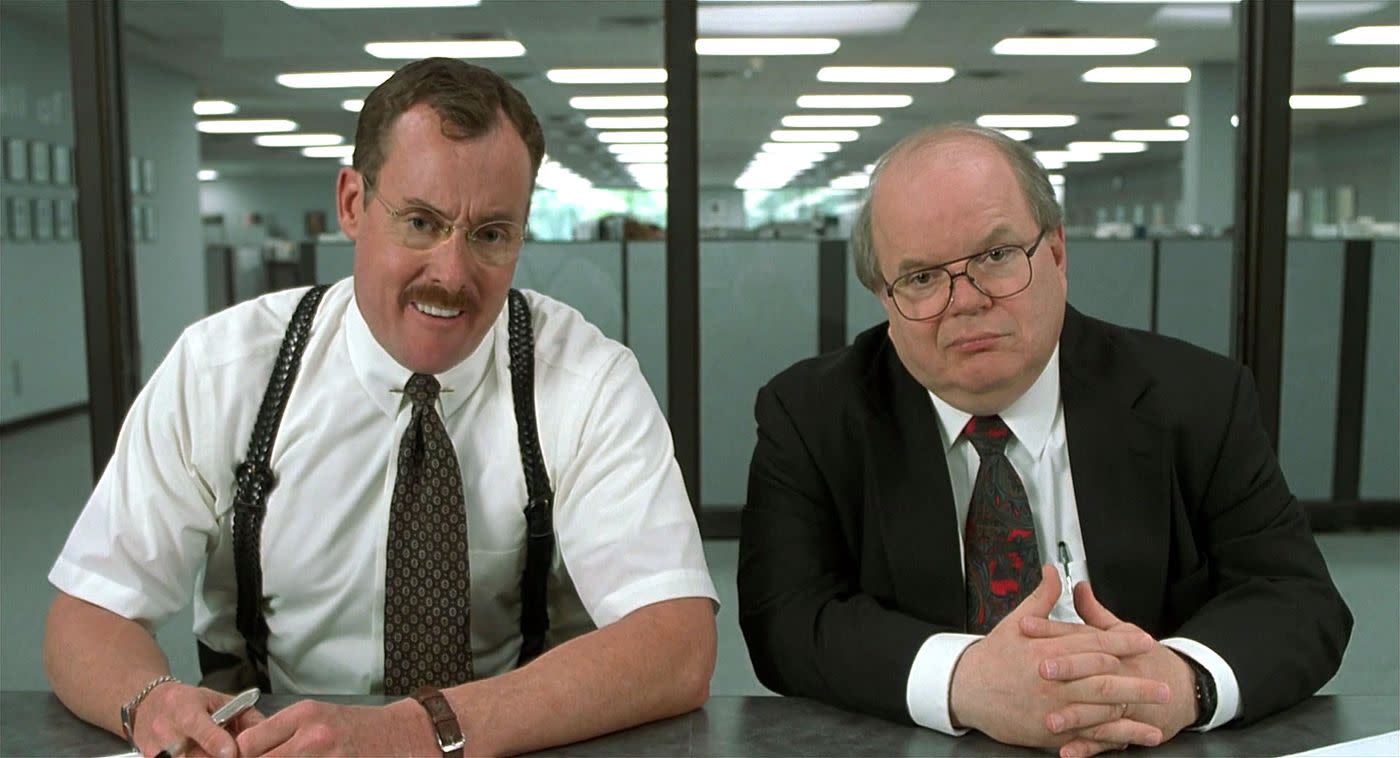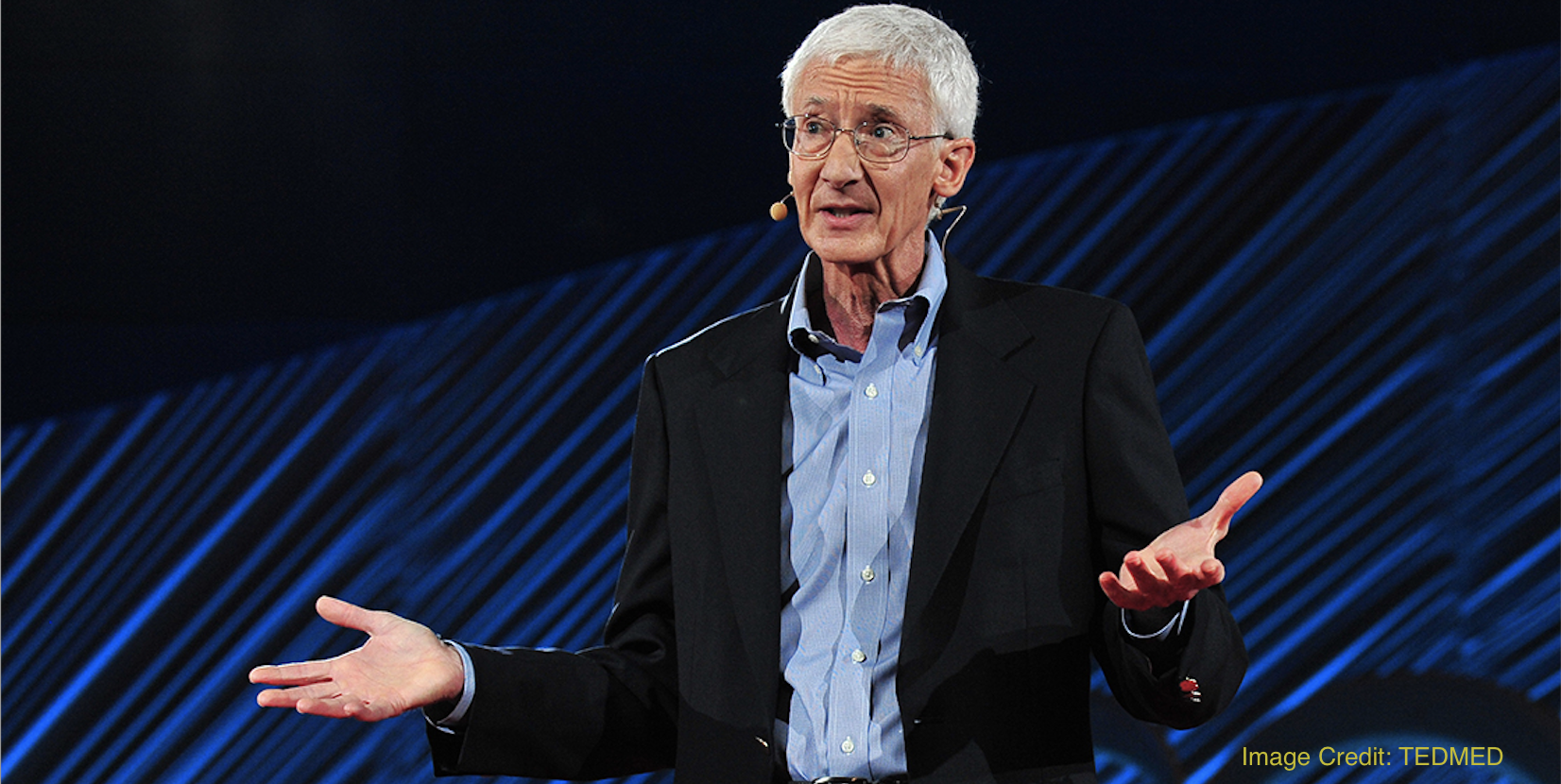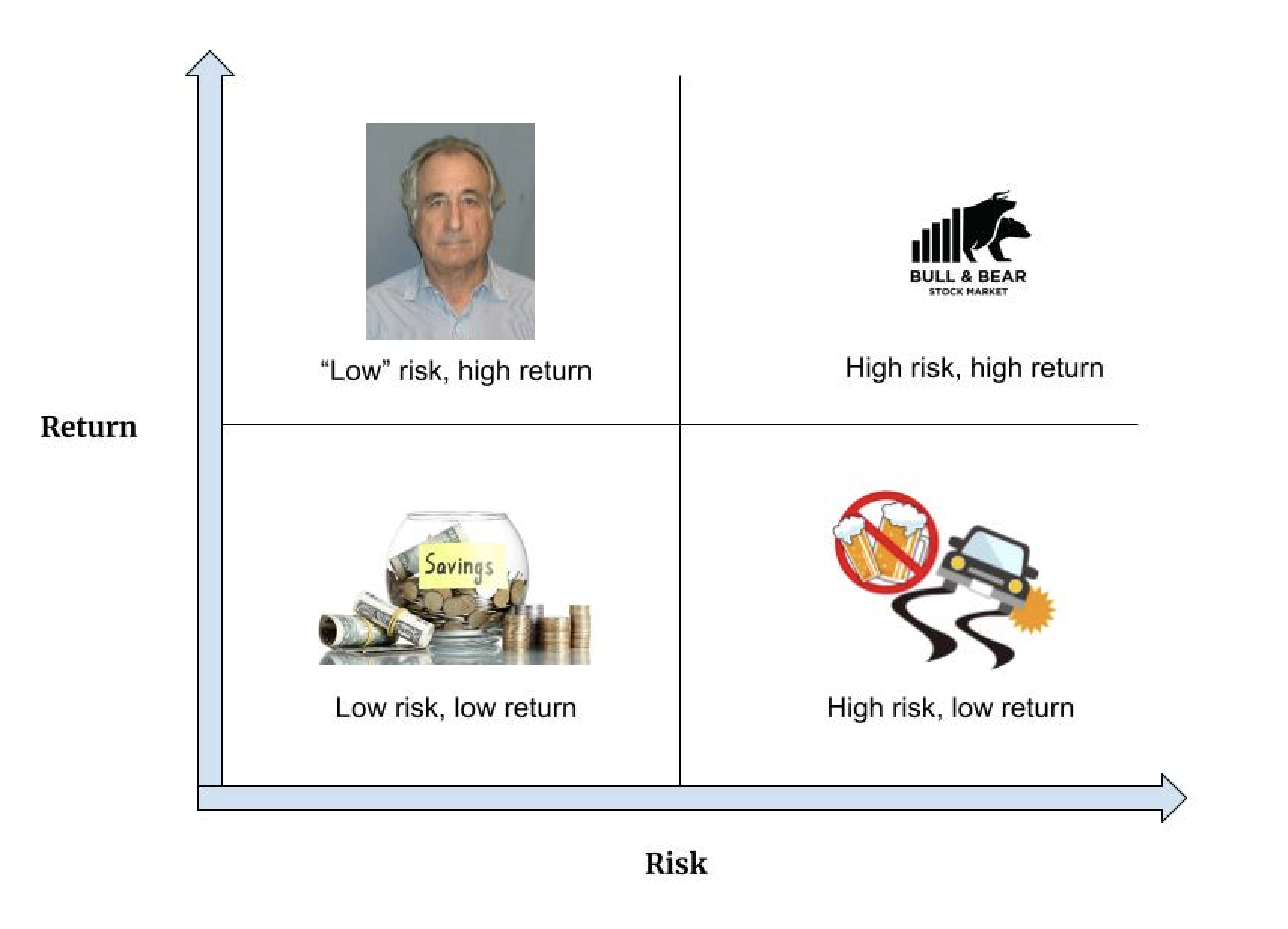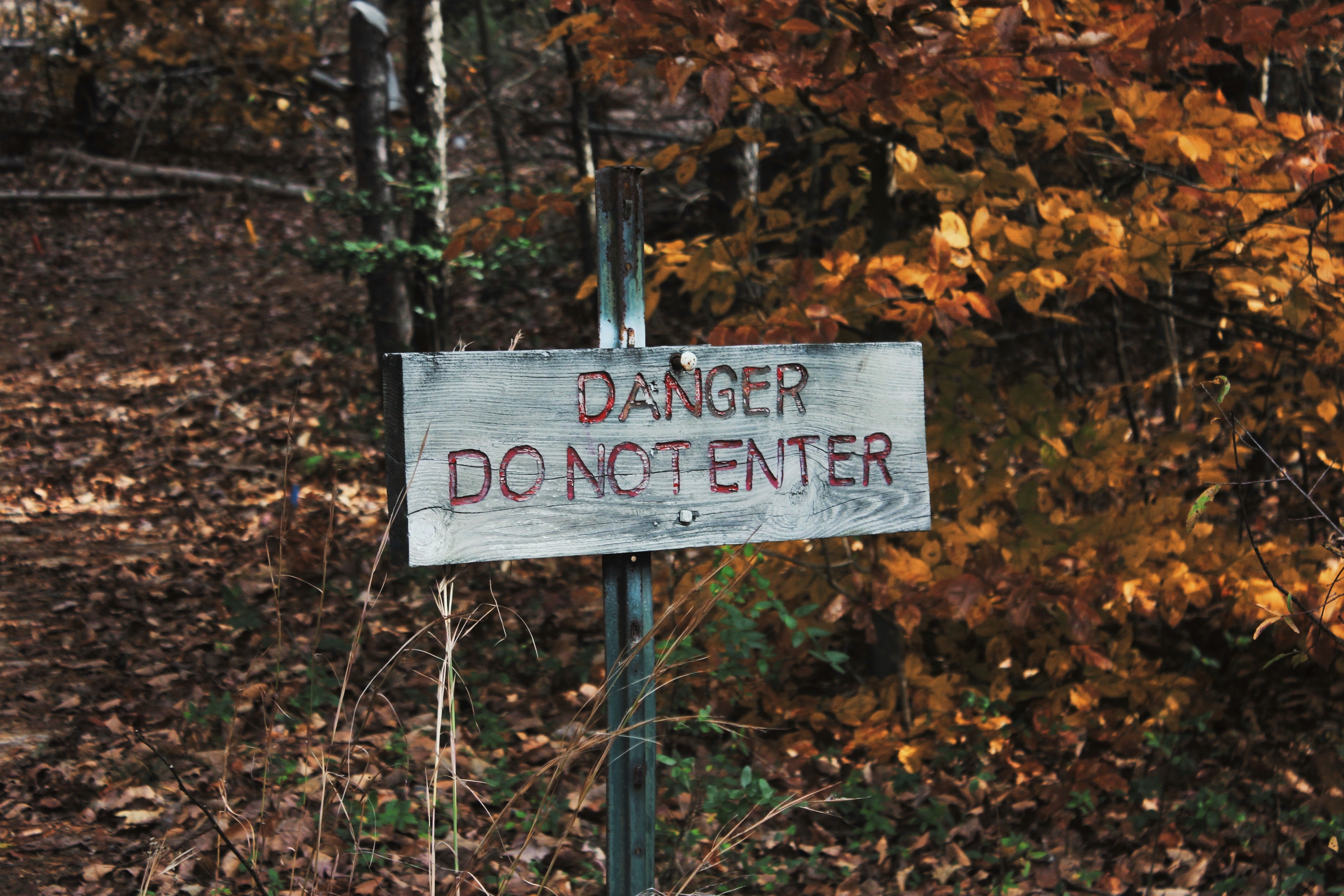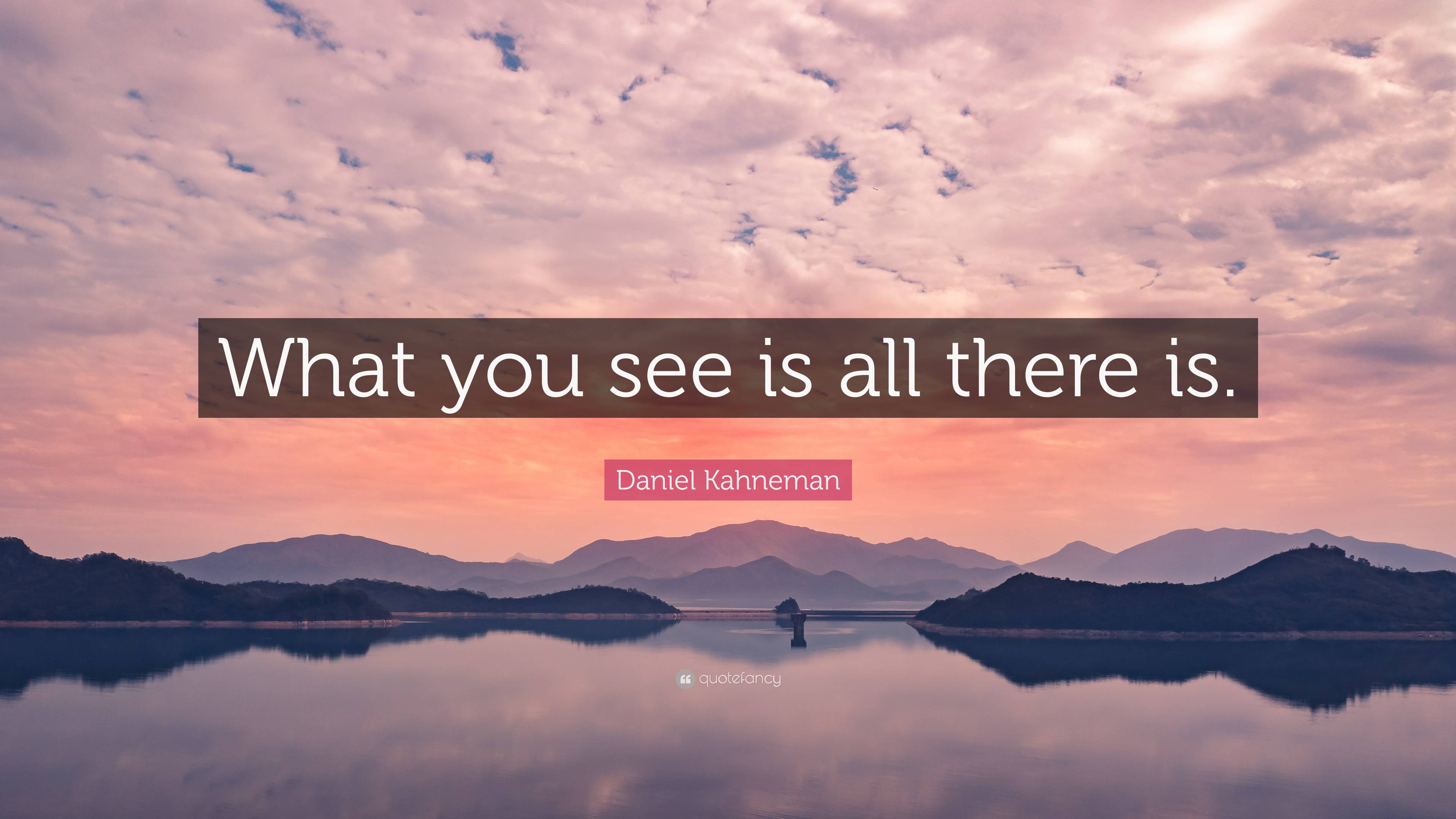The 0.4-hour Workweek
Last May, in the throes of finals week, I escaped almost daily to Millennium Park in Danville to read a library book, The 4-Hour Workweek. Author Tim Ferriss preached to my one-man choir as he recounted how he created a passive income that let him work remotely, help the world in his personally-tailored way, and live in several world locales in his late twenties.
This sounded like the dream to me.
I’ve had passionate interests and activities my whole life; additionally, I had a frantic goal during all 16 years of school to finish my work as quickly as possible then have fun or learn about things that didn’t bore me. This was the case in 2005 and it was the case last May, although the post-grad abyss was slightly more daunting than the promotion to fourth grade.
I hated homework in 2005 and 2018, but only “2018 me” knew that making money while spending fewer hours at work meant I could do what I loved and help people without wasting time faking work. I devoured this book and knew I would commit to grind and make this a reality, an irony that was not lost on me as I actively blew off preparing for my final exams and decided to wing the presentations.
(This may sound like a bad plan, but procrastination is not a new concept to me—here’s my life in one TED Talk. As a student, I neglected schoolwork when I wanted to learn something more interesting, a habit whose limits I tested. At my best, I would rehearse a big presentation two or three times if notes were disallowed, and at my worst, my roommate witnessed as I sprinted to the library at 8:00 AM to type a 10-page final paper due at 1:00 PM. I left myself a buffer of 5-7 minutes to avoid stress and unnecessary work.)
I have a lot of time in Mexico to talk to myself, and something I like to discuss is the difference between knowing something intuitively and actually experiencing it in real life. Here’s a brief chronology to serve as an example:
Sep. 2017: I have no idea what I want to do after I graduate. This 9-month program in Mexico would allow me to delay a life decision if I am accepted. It’s a long shot, but I guess it sounds important and it checks off my one requirement (attending my fantasy football draft).
Feb. 2018: Senior year has been fun. I should probably write that paper that’s due in the morning. Hope that my Mexico interview wasn’t awful.
April: Oh cool I got into the program. Now I can enjoy graduation and summer without having to find a long-term job.
Summer 2018: “Yes, I just graduated. I’ll be spending nine months in Mexico to teach. No, haha it’s only nine months. Very short. Thanks!”
September: Wow I’m busy. Immigration and the bank are going to kill me and feeding myself and playing football is challenging!
October: So glad I’m settling in, I think I might move up to third string if I keep lighting it up on the scout team.
Late November: Football was awesome. I should start a blog.
December: Classes are over but I’ll be going home for Christmas. Too excited to let this downtime get to me.
January 7: “Hi boss, I’ve returned! Classes start next week, right? Oh, February? Ok, great. Yes, I can format this one exam for the next month.”
January 7: Wow that took 20 minutes.
January 14: Remember when I told people I was leaving for only nine months? Clearly I did not take into account how to occupy myself on day 132.
If I learned one thing in January besides how to frighten my host family’s son from the other room…
… it’s that turning a big event like living abroad for nine months into a simple concept is much simpler than experiencing it in reality. The same was true for college: I always envisioned the party scenes and stock photos of myself studying, not the dirty work or the Dark Playground of procrastination.
Come February, I thought back to the book I read during finals week and realized that January was a distorted version of the inspiration I took from the book.
What was it missing?
Lacking a challenge or an external goal is hard to replicate. As a college student, even when I was unmotivated, the drive to get A’s or improve as a golfer was something tangible and measurable. There was always a higher goal or a better way to get there, a challenge that was full of purpose.
As a competitive person, I had both internal and external drive to keep me motivated. In days or weeks where I felt sluggish, the incentive to not fail or destroy relationships was effective. Regardless of whether I was feeling sluggish or motivated, there was always a constant: I was most productive when I was busiest, because the added time pressure aided my focus and the well-earned downtime was relaxing and guilt-free.
When I have fewer external incentives like improving my GPA or scoring average and have little to do at work, my productivity craters. I really do care about my hobbies like writing, videos, sports, etc., but it’s this lack of external motivation that’s difficult. When work is entirely on my own schedule, expectations and deadlines are entirely internal, which can ruin the spoils of leisure. Even if I commit to writing a blog post each week or tell a friend I’ll put up a video at a certain time, when free time is unstructured and decided entirely by me, it’s less fun to reap its rewards.
Lastly, it was hard to unplug or fully relax in the weeks with little formal work. Cal Newport nailed it in his book, Deep Work, when he writes that letting busyness serve as a proxy for productivity is highly detrimental to our well-being and mental health. While I consider personal projects to be productive, I think that free time only feels good after completing fulfilling work. Fulfilling work can be school, collaborating, being a teaching assistant in Mexico, etc., and adding personal projects can make it even more satisfying. But, in the absence of this (like an extra month between semesters) leisure can feel unearned.
The absence of formal work brought forth other negative consequences. When I work hard at school, golf, an organization, or teaching/tutoring, it’s much easier to detach from big-picture stress, since I don’t have the time to fret about idleness. It’s important to unplug and take time to think, but when there is a lull in meaningful work, even for a month, it’s much easier to cling to distraction and busyness than choose to potentially panic if I let myself be bored.
Summers and vacations are so great because they are either the reward for a school year completed without becoming a truant or a well-earned break from work. When I feel like I should be working harder than I am, vacation becomes significantly less joyous, even if it’s at a beach.
What have I learned?
While I enjoy the days of vacation here now that classes have started, part of me wishes I could save some them to use when I get a full-time job in the coming months. Being an English assistant is nice, but the mercenary nature of continuous guest teaching makes it difficult to point to student accomplishments as something that I fostered through lesson plans and months of rapport.
Basically, all of this supports my realization that the concept of a nine-month stint abroad is just a few words, while the reality of each of the 270 days is much more than that.
The 0.4-hour Workweek sounded great, but the January trial missed some key components of my finals-week vision. The biggest difference (besides a big, passive income since I knew this wasn’t a “job” job) was the absence of a way to contribute to society every day through meaningful work.
It was only a few weeks, but by the end I realized that living forever would eventually ruin the joys of life. If there is no urgency in work, nothing is truly satisfying, and leisure would become nothing special or earned. Pleasure would still exist, but without urgency it’s hard to care about work or relationships. I wish humans lived longer by quite a few years, but never dying means that at some point we would get sick of everything and everyone we care about—pretty messed up.
I haven’t lost the drive to work minimal lonely hours in a cubicle and to make a worldly impact, but there is indubitably a balance. Wishes that come partially true or that come true in an unexpected context are not automatically great. As Jim Carrey provocatively said, if everyone “achieved their dreams” (or at least a small part of them) they would see that it’s not going to suddenly make life easy or be a magic pill of satisfaction.
I love Office Space (see above video), but even Peter realized that working with his hands was better for him than doing nothing was. Even if barely working wasn’t the proper lesson to take away from Office Space and The 4-hour Workweek, the lesson in refusing to let others limit their life decisions is something that I can still strive to do.
Office Space and The 4-hour Workweek, the lesson in refusing to let others limit their life decisions is something that I can still strive to do.
a’Moose’d
[Jackson ‘Moose’ Rice and I established this safe space for his thoughts.]
I refuse to believe that there is anyone who works 40 hours a week consistently. Surely any profession is prone to its bouts of increased activity, but I refuse to believe that someone is 100% efficient at work.
Although my experience is relatively limited, I recognize that my experience is also diverse. I have worked jobs they give to children in high school, as well as those that they give to children in college. Add both of these places, and I was never working at peak efficiency. I’m not sure that anyone could handle that. Even myself. Much like Dwight K. Schrute, no one can handle my undivided attention.
As such, unless I am being paid, I do not work more than five hours a week. One hour per day of work outside of general classes, scheduling, meetings, etc. This gives me ample time to not only do my homework, but also pensively think about how other people are wasting their time. This goes back to my original post, efficiency. It is the lifeblood of society today, it is what drives economies, it is what fills all of our hearts with our desires. In essence, it is everything.
Current events dealing with optimal efficiency:
1. Rapper 21 Savage was detained by ICE as he let his VISA expire. First of all, peak efficiency would’ve avoided this all by renewing his visa which expired in 2009 when he was in juvie (someone fact check that, but I won’t).
2. Patriots-Rams: scoring the fewest amount in a Super Bowl in almost 50 years and still winning? Peak efficiency from the Patriots.
3. Super Bowl halftime show: the people told you we wanted Spongebob and all we got was a c**k tease of a halftime show which turned into Travis Scott who offered himself to the gods via seppuku after performing one song by falling off stage to never return? And then Adam Levine lost his shirt. This is peak inefficiency. I can only imagine this is what Sears’ front office looked like for years before they filed bankruptcy.
These are my thoughts, and my stories. If you feel, like I do, that we should’ve seen this 21 Savage thing coming, head over to my Twitter. In the interim, I hope I have left you a’Moose’d.

